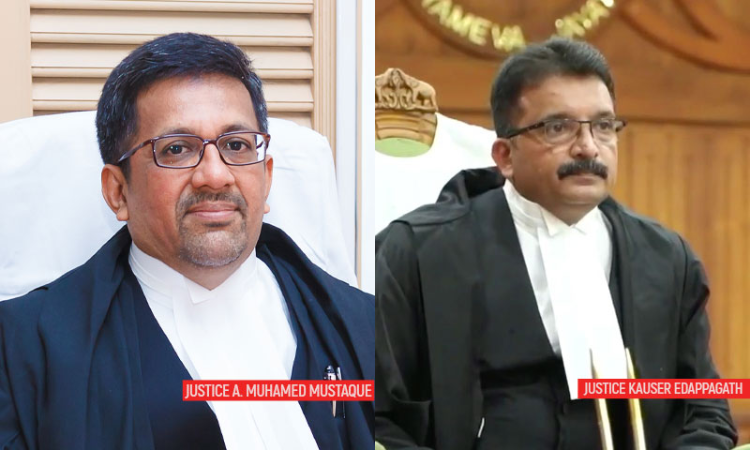Calculated Acts Of One Parent To Alienate Child From Other Parent Amount To "Mental Cruelty" : Kerala High Court
Lydia Suzanne Thomas
22 May 2021 6:03 PM IST

"A child has the right to the love and affection of both parents. Similarly, the parents have the right to receive the love and affection of the child. Any act on the part of the one parent calculated to deny the love and affection of the child to the other parent by alienating the child from him/her amounts to mental cruelty."
Next Story


